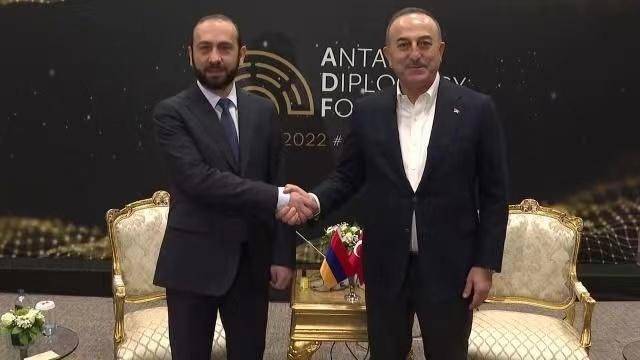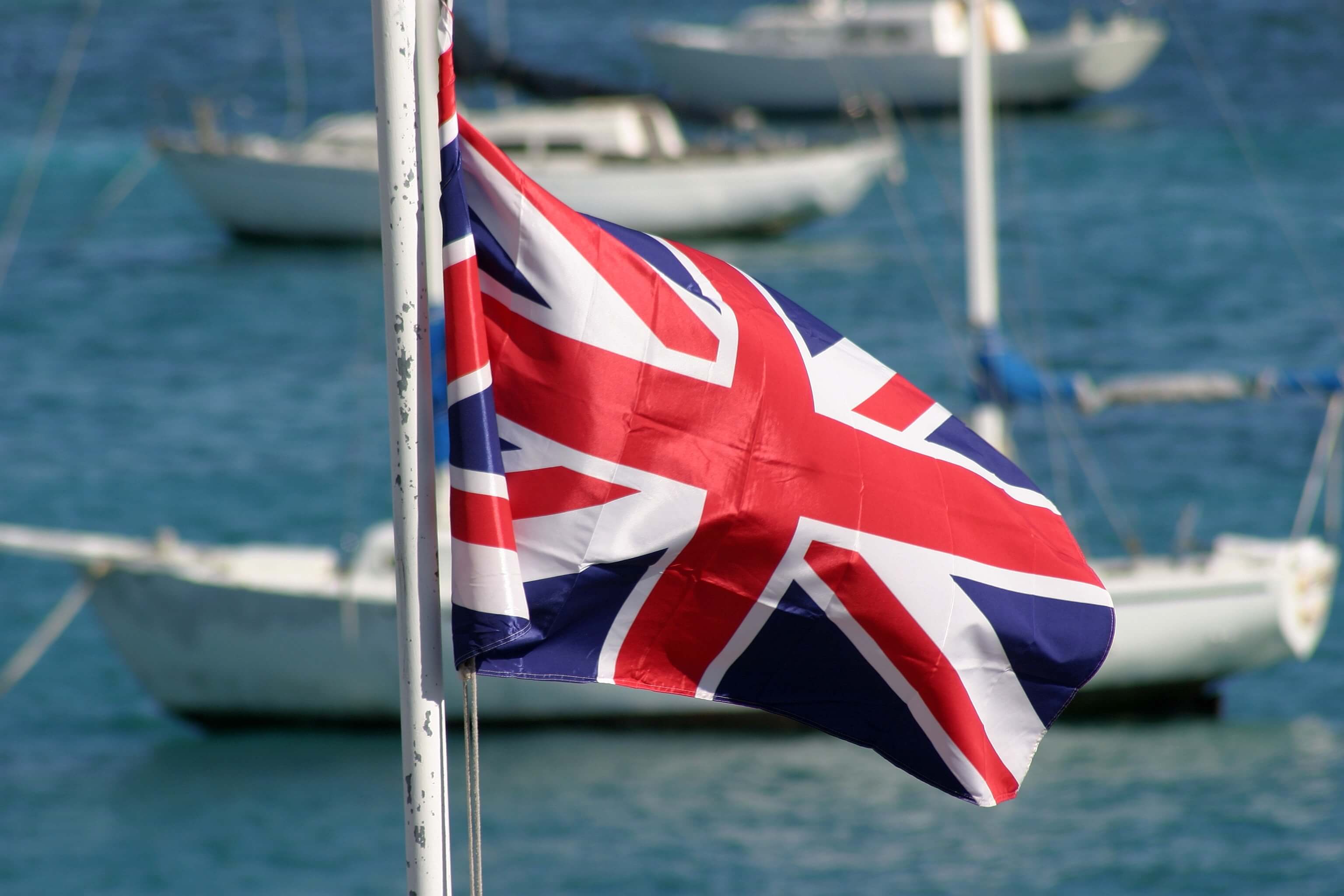
On Wednesday, UK Foreign Secretary James Cleverly visited China, with both Chinese Vice President Han Zheng and Foreign Minister Wang Yi meeting with the secretary. Significant progress has been made in the high-level talks between China and the UK. But looking at a deeper level, the future development of China-UK relations still faces huge challenges.
First of all, a high-level communication mechanism between China and the UK has been restarted, which is conducive to the all-round restoration of China-UK relations. Since prime minister Theresa May resigned in July 2019, China-UK relations had moved from the "Golden Era" to competition and confrontation. Her successor, Boris Johnson, re-evaluated the UK's relationship with China and defined China as the UK's "systemic competitor" in the Integrated Review released in March 2021. Since then, the UK has tried to demonstrate its force in the Indo-Pacific region and strengthened its presence in the region in economic, cultural and other fields. The Russia-Ukraine conflict in 2022 changed the Johnson administration's China policy which was centered on confrontation, and eventually the UK once again adjusted its strategic approach to China after Rishi Sunak became prime minister.
The main purpose of Cleverly's visit to China this time is to restart bilateral communication and exchange mechanisms. The restoration of these mechanisms is conducive to restarting important platforms such as the China-UK Economic and Financial Dialogue, Strategic Dialogue, and High-Level People-to-People Exchange Mechanism, which have been shelved for many years. If these channels are restored, China-UK relations will return to the track of healthy development.
China and the UK can have candid exchanges and express their respective concerns, which is conducive to the restoration of political mutual trust. Cleverly is deeply aware that the lack of regular face-to-face communication will lead to misunderstanding, distrust or mistakes between China and the UK. In the past five years, the British government has changed leadership four times. Each new prime minister has speculated on China's strategic intentions, resulting in many of its China policies lacking factual basis. As an advocate of "patient diplomacy," Cleverly adheres to the diplomatic principle of traveling more, seeing more and having more dialogue around the world, and handles bilateral relations through communication and persuasion.
Of course, Cleverly's visit to China is not just to listen to or test China, but to express Britain's concerns. During high-level meetings, Cleverly raised the so-called human rights issue, while China elaborated on China's position on the Taiwan question and asked the British side to earnestly respect China's core interests and abide by the one-China principle. The open expression of their respective core concerns is more real than speculation behind closed doors. It is conducive to both sides making correct decisions and will also help restore political mutual trust in the long run.
The tone of China-UK bilateral relations has been confirmed again, which is conducive to the deepening and solid economic and trade cooperation. The core of the Sunak government's China policy is to try to cooperate with China while engaging in confrontation. During Cleverly's trip, China made it clear that dialogue and cooperation are the keywords and main tone of China's policy toward the UK. This will undoubtedly provide reassurance for the stabilization and recovery of bilateral relations, and it will inevitably push the UK to reflect on its China policy.
First, Britain's China policy is contradictory. The Sunak government insists on looking for opportunities for cooperation amid confrontation with China. The contradictory nature of Britain's China policy reflects the current government's hesitation in changing policies. The contradiction and ambiguity of Britain's policy toward China are not conducive to maintaining stable bilateral relations.
Second, Sunak inherited a Conservative Party that was deeply divided and lacked stability among its core leadership. On August 31, Ben Wallace, who had served as Secretary of Defense for more than four years, officially resigned. Sunak's election as the leader of the Conservative Party and the British prime minister lacks legal basis. He will soon face a national election. If the British government changes, the China policy that Sunak is trying to adjust may stagnate or even reverse. This adds uncertainty to the steady progress of China-UK relations.
Third, the core disputes between China and the UK cannot be resolved over the short term, and the two sides have few issues of common concern. There are few areas of real cooperation between China and the UK. Even on cooperation on global issues such as climate change, the contradiction between China and the UK is still huge.
Regarding the future development of China-UK relations, we do not need to be too pessimistic, and need to remain patient. After all, Cleverly's visit to China has once again opened up channels for high-level dialogue and exchange between China and the UK. Both China and the UK have realized that a stable relationship will not only benefit China and the UK, but also promote world peace, stability and development. And this is an outcome worth waiting for.
The author is a research fellow from the Shanghai Academy of Global Governance and Area Studies, under the Shanghai International Studies University. opinion@globaltimes.com.cn











